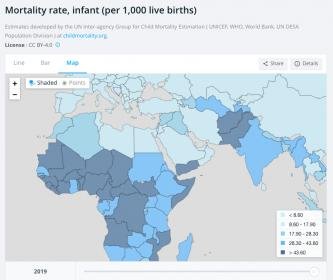Foreign Minister Shah Mahmood Qureshi said on Tuesday the greatest threat to the region and global security emanated from the Hindutva ideology that drove Indian officialdom, but stressed that the country was pursuing a proactive foreign policy, sensitive to national aspirations and global dynamics.
In his address to the participants of the National Security and War Course at the National Defence University (NDU), the minister said that Pakistan had the resilience and experience to deal with the challenges posed by the unpredictable and rapidly changing international scenario.
The foreign minister’s lecture on the topic of ‘Contours of Pakistan’s Foreign Policy and Challenges’ was attended by the civil and military officers of the country, besides the course participants from several friendly countries.
Foreign Minister Qureshi emphasised that Pakistan’s foreign policy must respond adequately to shifting trends. “We have tried to reinvigorate existing partnerships and establish new ones on the premise of mutuality of interest, transparency and respect for sovereignty,” the minister said.
“Keeping our interests supreme, we must navigate through this external environment to ensure that Pakistan’s sovereignty, territorial integrity, and independence are secured and the development agenda is advanced,” he added.
Qureshi said that the sustainable peace in South Asia was contingent upon the resolution of the Jammu and Kashmir dispute. But he stressed that onus remained on India to create conducive environment for result-oriented engagement with Pakistan.
He said that after India’s illegal actions of August 5, 2019 the government took up the Kashmir cause worldwide with renewed vigour and determination and highlighted the dire humanitarian and human rights situation in Indian Illegally Occupied Jammu and Kashmir.
Despite provocations from India, the foreign minister said, Pakistan opened the Kartarpur Corridor in November 2019, giving Sikhs from India and the rest of the world, visa-free access to one of their holiest sites.
“Our gesture is a manifestation of Prime Minister Imran Khan’s vision for the region and for Pakistan-India relations, which consists of peaceful co-existence, inter-faith harmony, and peaceful resolution of disputes,” he said.
The foreign minister said Pakistan lies at the crossroads of South Asia, Central Asia, the Middle East, and China. “Better connectivity is, therefore, essential to promoting the country’s economic interests and reinvigorating our cultural and historical ties,” he added.
Terming the China Pakistan Economic Corridor (CPEC) a flagship undertaking in regard to connectivity, he said Pakistan saw this framework as a game-changer not only for itself but for the region beyond. He added Gwadar Port was one of the vital components of the CPEC framework.
Gwadar Port, he said, was the world’s only natural deep-sea port, that linked the BRI and the Silk Road projects, and the shortest route to Central Asia and Afghanistan. “We see Gwadar as the harbinger of immense possibilities for regional cooperation and common economic benefits,” he added.
He said Pakistan was open to other countries investing in the Special Economic Zones (SEZs) being developed along CPEC. “This will bring to fruition our vision of regional connectivity and common development,” he added.
On Afghanistan, the foreign minister said that Pakistan believed that the biggest opportunity was the convergence of the international community on the need for durable peace and stability in Afghanistan. He also warned against the spoilers in the region.







